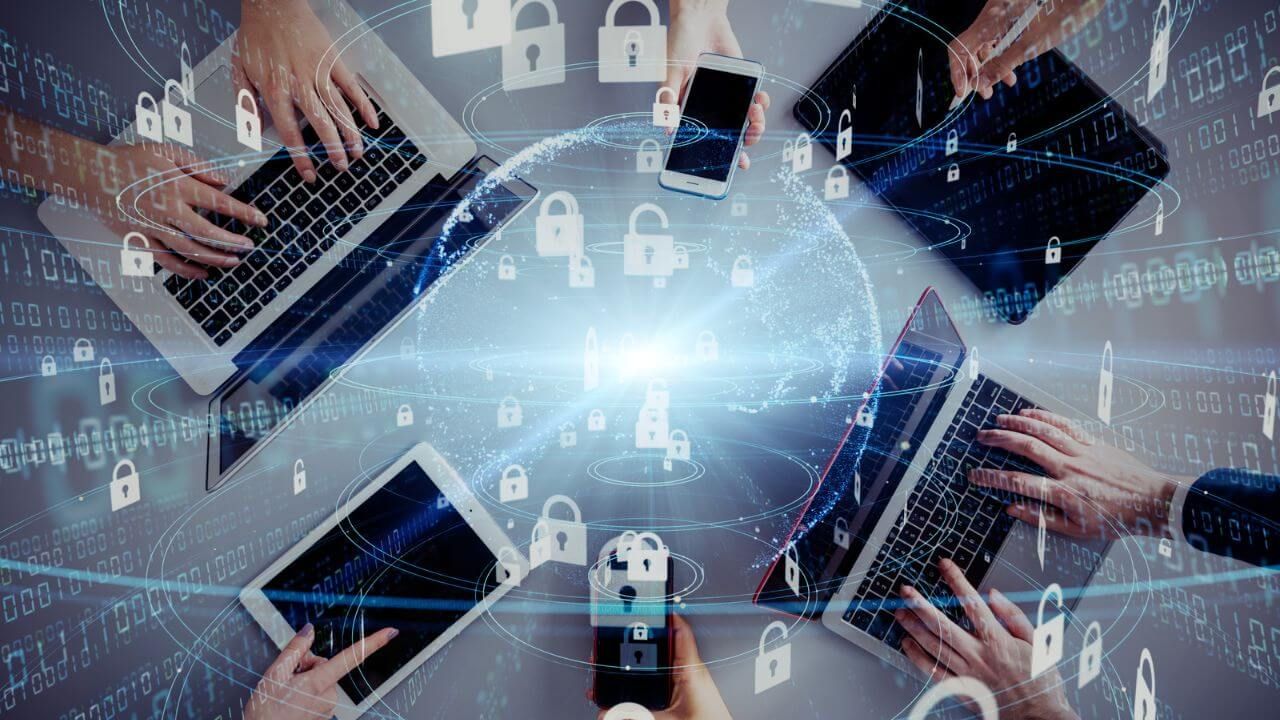Readiness through Emotional Firewalls: A Leadership Lens
Jun 12, 2023
As a C-suite leader, you may be confronted with the folowing scenario: an imminent cyber threat poised to disrupt your daily business operations. Your IT teams could detect unusual activities indicating an impending attack - a realization that arrives too late, as digital intruders might have been infiltrating your system for weeks or even months. The situation would demand instant action and readiness, even amidst the fog of limited situational awareness.
As panic begins to infiltrate, it could cloud your vision, overwhelming emotions threatening to disrupt judgement and impede effective decision-making under pressure. It is during these intense moments that you may come to appreciate the crucial role of emotional firewalls in fostering readiness.
You might find yourself holding a team meeting, not necessarily to discuss strategies but to address the elephant in the room - the collective anxiety. Engaging in open communication, discussing your concerns and fears, could lead to a shared understanding and create a sense of unity and focus, fortifying your emotional firewall.
The readiness displayed would not merely be about having a plan of action. It would be about the collective emotional state, the shared determination to safeguard the digital landscape. This emotional readiness, this collective strength, could help you navigate the crisis effectively, ensuring your defenses remain robust.
In such instances, the emotional firewalls built could serve as your armor, shielding you from the emotional impact of cyber threats. As a leader, you might come to understand that emotions are not a weakness; when channeled correctly, they could become your most potent defense.
Tuning the Instruments of Readiness: Orchestrating the Symphony of Cyber Resilience
In the grand orchestra of cybersecurity, readiness is the conductor ensuring every instrument plays in harmony. This readiness transcends the notion of simply being armed with the right tools; it's about fostering a mindset steeped in anticipation and adaptability.
Leaders carry the baton in significantly influencing an organization's readiness, primarily through cultivating emotional intelligence. Guiding their teams to wield emotional strengths as shields against cyber threats, leaders balance trust's power, skepticism's strength, and intuition's importance, crafting a human fortress against cyber threats.
By championing quick adaptation, swift recovery, and continuous learning, leaders contribute to the edifice of a resilient and ready workforce. The capability to make informed decisions under pressure, maintain composure amidst chaos, and transmute fear into focus underpins readiness.
Steering through emotional firewalls isn't solely about guiding a team; it's about conducting an emotional intelligence symphony. It's about harnessing our defenses' human aspects - the preparedness, resilience, and readiness fueled by emotions - crafting an impregnable bastion against cyber threats.
Here are the five keynotes of the EQ-i 2.0 model that harmonize with this phase:
Orchestrating Solutions: The Art of Problem Solving
A leader's proficiency in problem-solving plays a vital role in ensuring readiness. Faced with a cyber threat, leaders must swiftly identify and implement the optimal course of action to mitigate potential damage and shield their systems.
Commanding Communication: The Power of Assertiveness
Leaders should possess the ability to assertively articulate their thoughts, particularly during crises. By clearly outlining the organization's cybersecurity needs, issues, and strategies, they can ensure every team member is attuned and ready to respond.
Solo Conducting: The Value of Independence
Leaders need the competency to operate independently, making decisive, strategic decisions that may not always enjoy popular support. Time is a luxury that cyber threats seldom offer.
Emotional Equilibrium: Maintaining Composure in Crisis
Maintaining emotional composure amidst a cyber threat is pivotal. Leaders capable of managing their emotions, responding rather than reacting, are more likely to make effective, measured decisions under pressure.
Reining Impulses: The Importance of Patience and Assessment
In a crisis, impulsive actions, although swift, may lack complete information and can lead to further complications. Leaders with strong impulse control can better manage pressure, take a step back, assess the situation comprehensively, and then act accordingly.
By integrating these EQ skills into their leadership approach, leaders can enhance their team's readiness against cyber threats. A leader's prowess in navigating the often uncertain and turbulent waters of cybersecurity can forge a team that is not only prepared and resilient but primed to face any challenges that come their way.
Want to turn fear and uncertainty into determination and focus? Let's discuss your approach. Schedule your call today!

